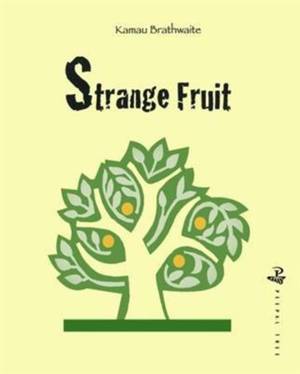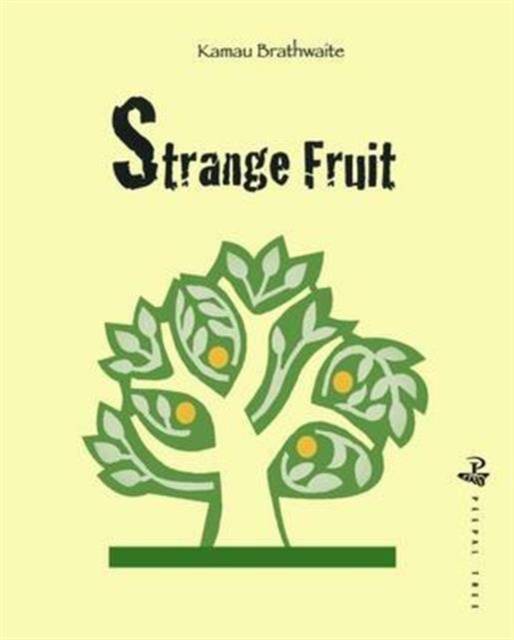
- Retrait gratuit dans votre magasin Club
- 7.000.000 titres dans notre catalogue
- Payer en toute sécurité
- Toujours un magasin près de chez vous
- Retrait gratuit dans votre magasin Club
- 7.000.0000 titres dans notre catalogue
- Payer en toute sécurité
- Toujours un magasin près de chez vous
Description
In its title, Strange Fruit refers to the song of a lynching made famous by Billie Holiday and to the malign persecution that drove Kamau Brathwaite from his New York home to resettlement in his native Barbados. But the title also points to the enigma of beauty created out of that experience of cultural lynching, in poems of urgency, elegance, wisdom and brave humour. Strange Fruit charts a movement from the pain of poems "written along the v/edge & coast of death and carrefour", the despair of sensed erasure and abandonment, of dwindled voice, to a moment of revelation of a living ancestral presence. On the way, what you hear is Brathwaite's distinctive Barbadian nation-voice, his alter-native vision, his creolisms of sound and graphic display, in dialogue with presences of many kinds: icons of survival and resistance such as Louis Armstrong, "teef of sorrow", Bedward, Mandela, Ogou with his prompting to resolve and the visiting sparrows who are "messengers of soul". The urgency comes in the dialogue between a sense of frailty ("the last green slanting curve/ of wind and final bell") and the urge to recreate the world against the loss of memory, the recognition that "o yes we leave - and soon//but what happens to the turn/of spirits left on their wheel & verge/of final shape. the soft concentric runnels of our labour?" The wisdom comes out of the struggle between acknowledging the pain of loss, the fear that the world is becoming a worse, not better place, and the satisfactions to be found in knowing one has resisted. It is a collection full of beauties of form, phrase and sound, such as in the poem "Sleep Widow" where instead of finding comfort, the poet and loved woman "bull-fight like lock-horm logga-head until the evening pools the grief along our edges/ and cools us to this peace", the very sounds in the poem fighting their way towards resolution. This text is performed in the author's SVS-sycorax video style.
Spécifications
Parties prenantes
- Auteur(s) :
- Editeur:
Contenu
- Nombre de pages :
- 124
- Langue:
- Anglais
Caractéristiques
- EAN:
- 9781845233082
- Date de parution :
- 01-04-16
- Format:
- Livre broché
- Format numérique:
- Trade paperback (VS)
- Dimensions :
- 175 mm x 213 mm
- Poids :
- 294 g

Les avis
Nous publions uniquement les avis qui respectent les conditions requises. Consultez nos conditions pour les avis.






